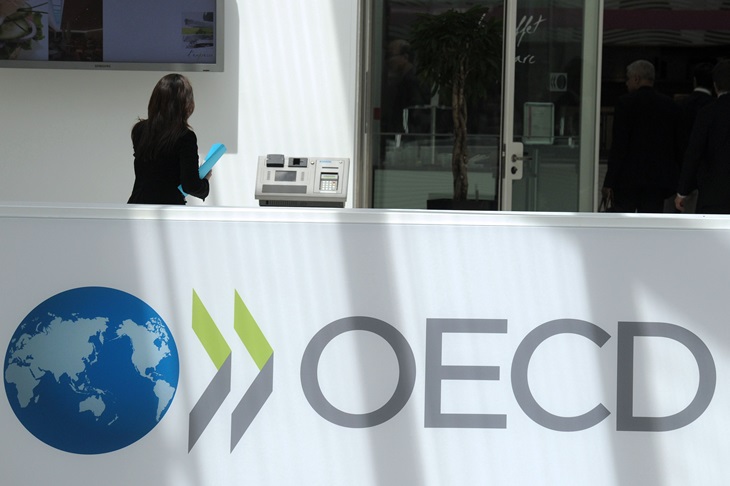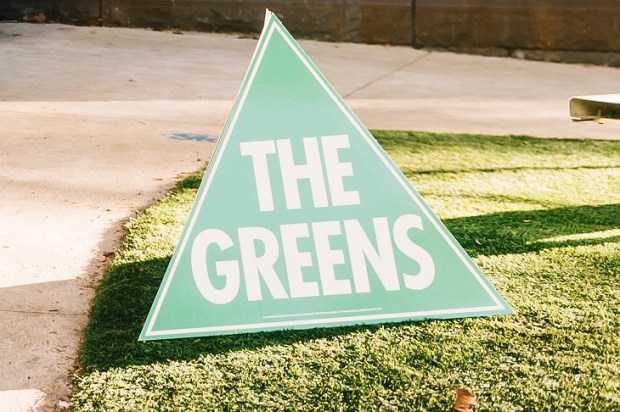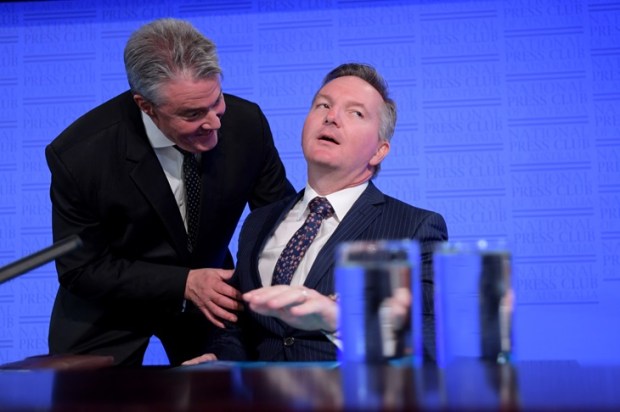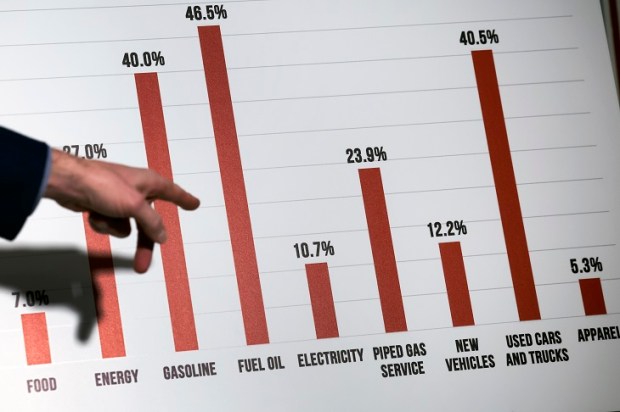Last month, the Paris-based OECD published its latest assessment of the Australian economy.
Nobody read it other than those people paid to do so. And it did not, and could not, better inform anybody of desirable future directions because all it did was repeat the bromides and policies that Australian government departments – mainly the Treasury – served up. Those policies were eagerly accepted by the OECD report writers since they are cadres in the same group-think team.
Predictably, the OECD assessment recognised a problem with the Australian government’s fiscal deficit. But, just as predictably, instead of calling for cuts in the masses of government wasteful expenditure it called for more taxes (which it calls ‘tax reform’ and which encompass increased GST – with the less well-off compensated, unsurprisingly, for the added costs this entails).
The OECD’s advice had a smattering of cliches about removing (non-existent) gender inequality. For international agencies, there are always too few females in the glamour areas like IT but nobody seems concerned about the lopsided gender composition in areas like refuse collection and sewerage control. And while these country reports often stress a need for greater labour force ‘flexibility’ to allow more efficiency, their prescriptions head in the opposite direction with calls for positive discriminations, baked in a world of yesteryear, when women did not, as they do today, earn as much as men and areas of business and government were closed off to them.
For the economy as a whole, the OECD report sees a modest slowdown because, using a stereotypical Keynesian formulation, household spending will be constrained.
Of course, the reasons why this will be so come down to falling productivity on which consumer spending depends. The causes of this are labour inflexibilities (which the OECD fails to recognise), increased unproductive government spending (which it glosses over), and the burden of regulatory policies over water, fishing and energy, (which it generally supports). In the case of energy, that increased burden is due to government regulating and subsidising low-productivity energy in wind, solar and hydrogen, thereby forcing high-productivity coal and gas out of the market.
All of the government policies bringing adverse outcomes to economic health have been vastly augmented by the Albanese administration.
The heart of the OECD’s recommendations covered the ‘energy transition’. Unsurprisingly, the Paris crowd are fully on board with the economy-destroying measures involving phasing-out coal and phasing-in the Brave New World of wind, solar, and batteries, with transmission lines to collect and redistribute those sources of dispersed and low-reliability electricity.
The OECD wants us to:
- Prepare for further measures to enable the 82 per cent renewables target to be met, including an augmentation of the latest new carbon tax, the Safeguard Mechanism, which places additional impositions on the largest 215 firms.
- More stringent vehicle emission standards and higher fuel taxes but with further subsidies for EVs.
- Requiring buildings to incorporate additional costly features to allow them to use less energy, provisions that, by definition, are far more costly than any energy savings they may bring about.
- Making mandatory disclosures of ‘climate risk’ to properties, amend land usage laws to prevent developments that might add to (fictitious) climate risk, and deter low-density housing.
The key takeaway is a sycophantic obeisance to the Woke energy illusion which is now at the heart of the Albanese government’s post Voice policy:
‘Australia is well-placed to become a major producer of renewable power, having plentiful wind and solar resources and a large wealth of minerals critical to the climate transition. However, further reforms are required to meet emission reduction goals.’
The OECD’s Paris-based sister organisation, the International Energy Agency (IEA), started life in 1974 to counterbalance and coordinate action in response to the OPEC cartel (and Arab oil states’ discriminatory policies against nations they deemed pro-Israel). It has, with those threats becoming less fashionably pressing, refocussed to be at the cynosure of the ‘energy transition’.
The IEA’s reports are nowadays simply agitprop and unashamedly promote the falsehoods that renewable energy is cheaper than the hydrocarbons it is being subsidised to replace. Recent reports have titles like: ‘The energy world is set to change significantly by 2030 based on today’s policy settings alone’; ‘How can sustainable debt support China’s energy transition?’; ‘The world is baking in extreme heat’; ‘Tracking Clean Energy Progress 2023’.
International agencies are popular in that they provide well-remunerated jobs for public servants and welcome travel opportunities and platforms for politicians. But they are a drain on resources and the OECD and the IEA are not the only ones that bring negative value to the taxpayer.
The hallmark of international – and National agencies – is atrophy. They are very difficult to kill off and often morph away from their original raisons d’etre, The League of Nations designed in 1920 to keep the world peaceful was only closed down in 1946. The United Nations is now far removed from the peace and free-trade promoting institution that was envisaged of it. Combatting the inertia that keeps such institutions in business is a task for genuine reformism, something we only caught a glimpse of during the Trump interregnum.
Got something to add? Join the discussion and comment below.
Get 10 issues for just $10
Subscribe to The Spectator Australia today for the next 10 magazine issues, plus full online access, for just $10.


























Comments
Don't miss out
Join the conversation with other Spectator Australia readers. Subscribe to leave a comment.
SUBSCRIBEAlready a subscriber? Log in